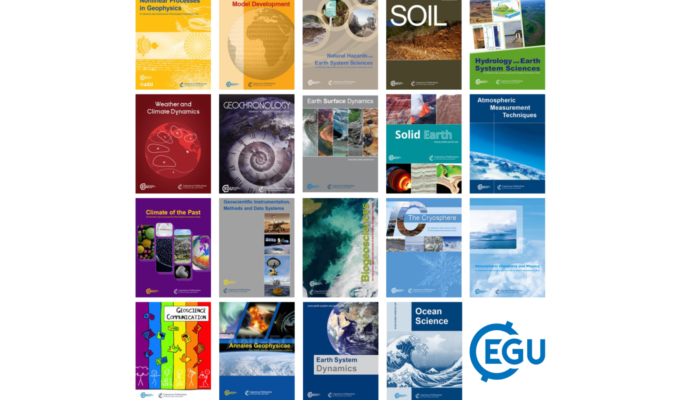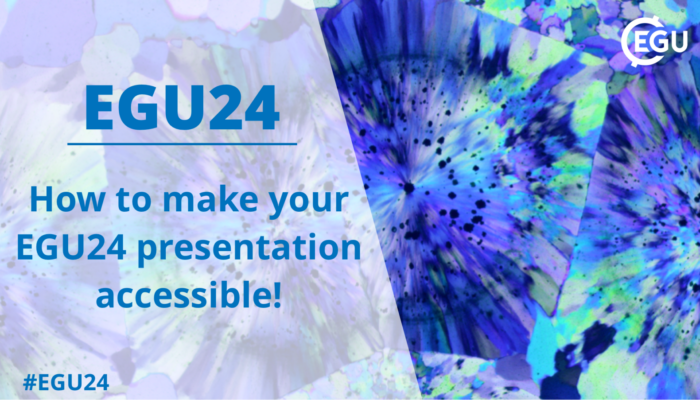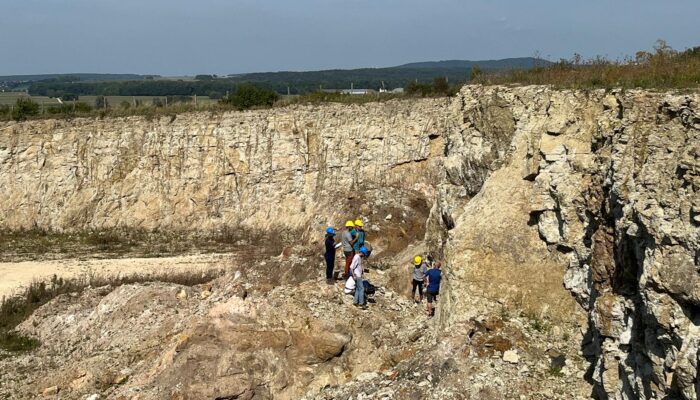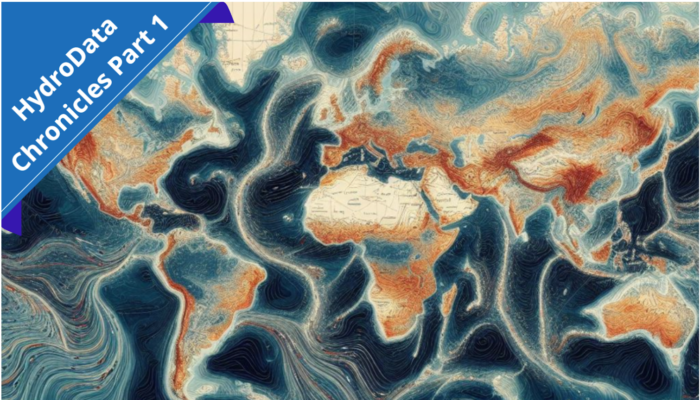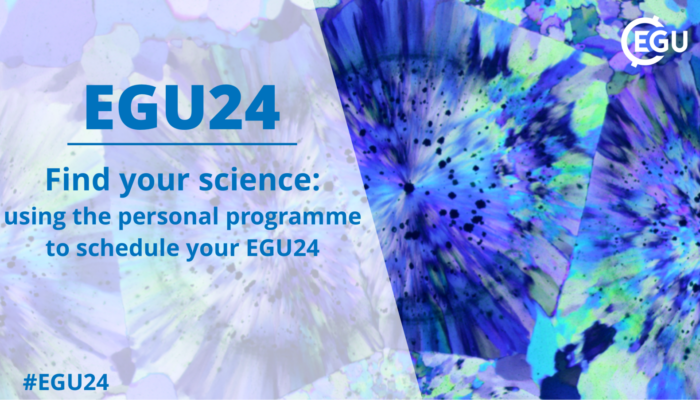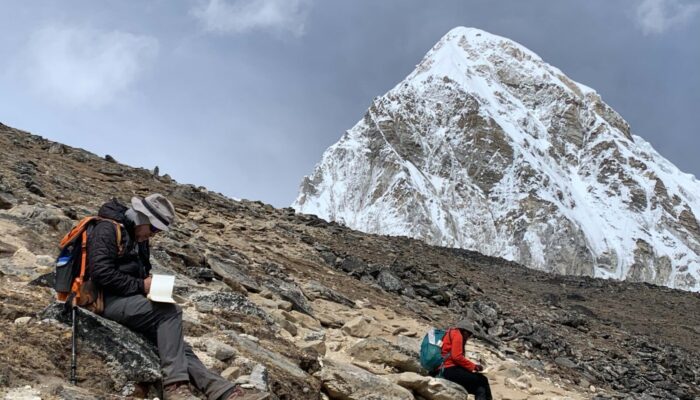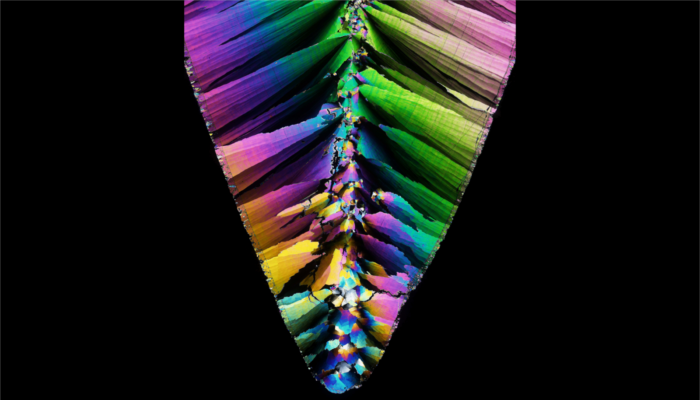Each month we feature specific Divisions of EGU and during the monthly GeoRoundup we put the journals that publish science from those Divisions at the top of the Highlights roundup. For March as we approach the General Assembly we are not highlighting any specific Division, so this month our GeoRoundup Journals will be alphabetical! Highlights Atmospheric Chemistry and Physics: Observations ...[Read More]
If you didn't find what you was looking for try searching again.
GeoLog
How to make your EGU24 presentation accessible!
Most people spend a lot of time and effort making their presentation engaging and impactful, but how much time to you spend making sure it is accessible!? An accessible presentation takes into account the diverse backgrounds and abilities of the audience, to support a better understanding and of the message and information you are trying to share. This is particularly important for scientific rese ...[Read More]
Geodynamics
Summer of ‘23: Chronicles of a summer school on meteorite and comet impacts.
One of the best-researched and preserved impact craters on Earth is the Ries Crater (Germany). Hikers, bikers, school groups, and geo-tourists from all over the world come here in search for the evidence of the cosmic catastrophe. In this week’s blog post, PhD student Katherine Villavicencio from University G. d’Annunzio (Italy) shares her experience when attending the Summer School “Impacts and ...[Read More]
Hydrological Sciences
HydroData Chronicles: A High-Resolution 40-Year Rainfall Dataset Covering the Entire Contiguous US
Welcome to our new blog-series focused on exploring the vast, yet fascinating world of hydrological datasets: HydroData Chronicles! Throughout this series, we embark on a journey through the intricate backend of hydrology, where data serves as the cornerstone of our understanding of water resources, as well as their potential impact on scientific research and policy-making. Join us as we navigate ...[Read More]
Natural Hazards
A symphony of uncertainties: exploring the interplay between climate hazards and human societies
Climate hazards are manifestations of the Earth’s complex climatic systems. As natural events, they have always occurred, yet changes in the global climate increase the frequency and intensity of extremes and their impact on the built environment and people. Predicting the nature, scale, and location of climate hazards and their complex interplays with anthropogenic factors is not a straightforwar ...[Read More]
GeoLog
GeoTalk: Jane Roussak, EGU’s Events Manager, tells us how to get connected at EGU24!
The EGU General Assembly 2024 (EGU24) will be held 14-19 April 2024, in Vienna, Austria and online. To learn more about discovering your research network at EGU24 and the inner workings of organising such an event, I sat down with Jane Roussak to ask her some questions. Hello Jane. Thank you for joining GeoTalk! Could you introduce yourself to our readers? Thank you for having me! I’m Jane Roussak ...[Read More]
GeoLog
Find your science: using your personal programme to schedule your EGU24
The EGU24 Programme is online and hopefully by now you have found your abstract or session, so what do you do next?! This year’s scientific programme of the General Assemby includes Union-wide Sessions, such as the medal lectures, great debates, union symposia, short courses, education and outreach sessions, as well as townhall and splinter meetings, just to name a few. The Disciplinary Sessions a ...[Read More]
Geodynamics
Revisiting Sagarmatha: Reflections on Fieldwork in the Eastern Nepal Himalaya
“The mountains are calling.” This week, we are embarking on an adventure to the highest mountain in the world – Sagarmatha (also known as Mt. Everest). We will join Tshering Lama Sherpa, from the University of Arizona, as she unveils the exciting world of geological fieldwork amidst the majestic Himalayas in her post. In October of 2023, I set out on my fourth geological fieldwo ...[Read More]
GeoLog
Imaggeo On Monday: the EGU Photo Competition – not just landscapes!
In 2010 EGU held our first annual Photo Competition at the General Assembly in Vienna. Since then hundreds of photos have been shared on imaggeo by geoscientists and researchers just like you, with a lucky few being selected each year to be highlighted during the meeting and voted on by our members. These images can be of anything to do with geology or geoscience – we get many beautif ...[Read More]
Biogeosciences
Getting to EGU ‘by fair means’
How to commute from Freising to Vienna by bike In the world of alpinism, the phrase “by fair means” is ubiquitous, though its definition is vague. Most people would agree that a key requirement of a “fair means ascent” is minimizing the tradeoff between convenience and reliance on external aids. If that sounds like it leaves a lot of room for interpretation, it’s beca ...[Read More]

